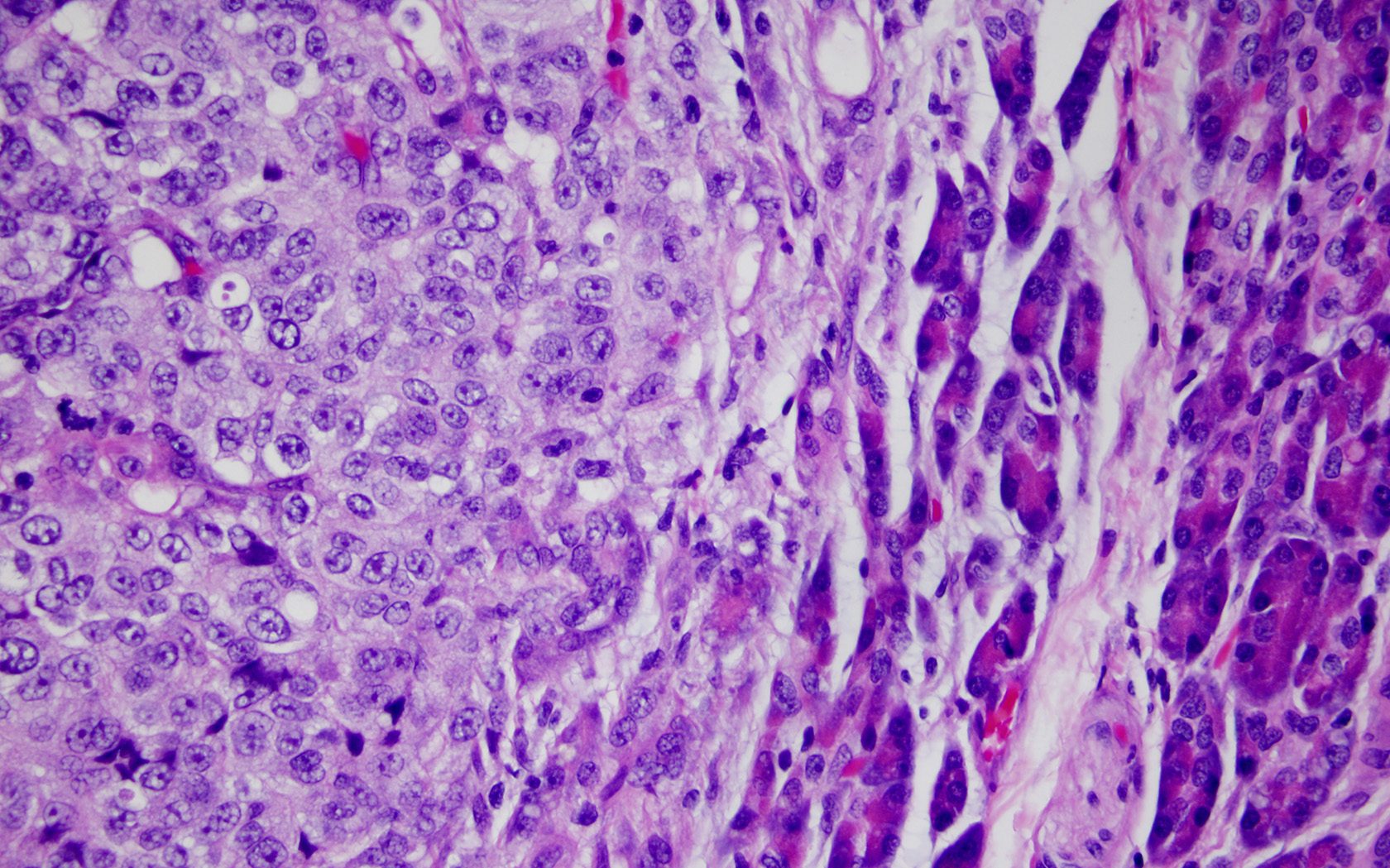How melanoma resists an immunotherapy drug
October 11, 2016
Medically Reviewed | Last reviewed by an MD Anderson Cancer Center medical professional on October 11, 2016

“Loss of interferon-gamma signaling caused by these mutations is the first clearly defined resistance pathway to ipilimumab found in tumor cells,” said study leader Padmanee Sharma, M.D., Ph.D., professor of Genitourinary Medical Oncology and Immunology. She also is scientific director of MD Anderson’s immunotherapy platform, part of the Moon Shots Program, which is designed to accelerate development of life-saving innovations from scientific discoveries.

Interferon gamma is an immune response-stimulating cytokine – a signaling molecule crucial to activating immune cells. In addition, interferon gamma directly attacks tumor cells by connecting to receptors on the cell surface and setting off a chain of events that inhibits cell growth and promotes tumor cell death. It’s this direct cell-killing role that may be blocked by genetic mutations, Sharma said.
The study’s findings open the door to testing an array of interferon gamma genes as a predictor for response to ipilimumab and for exploring new combinations to defeat interferon gamma-related resistance.
Ipilimumab, known commercially as Yervoy, was the first drug to unleash an immune attack on cancer by blocking a protein that acts as a brake on T cells, white blood cells that serve as the adaptive immune system’s guided missiles. The drug was approved in 2011 for metastatic melanoma and is in clinical trials as a single agent or in combination with other drugs in many other types of cancer.
“Research has shown that ipilimumab treatment provides a significant survival benefit in about 20 percent of patients with melanoma,” Sharma said. “The mechanisms responsible for the lack of clinical response in the majority of patients have remained unknown.”
Read more about this study in MD Anderson’s Newsroom.
